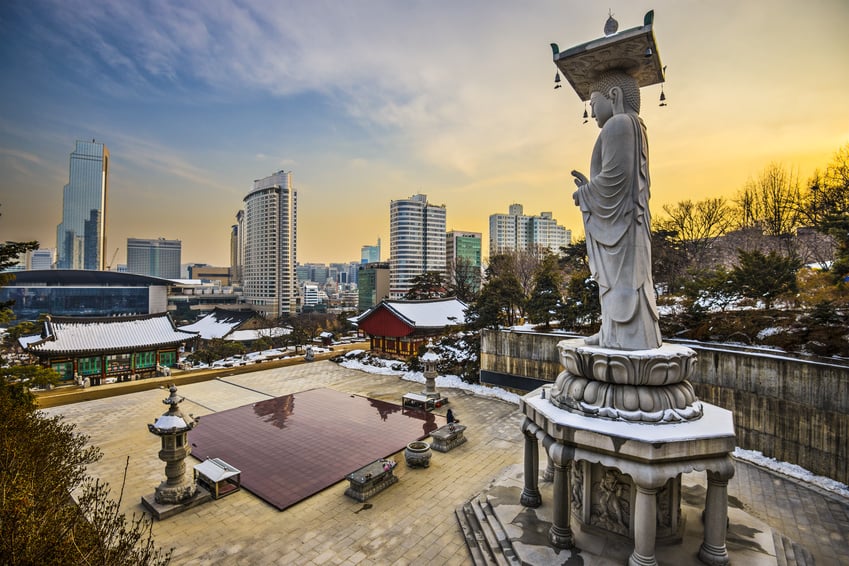4 November 2014 – The South Korean National Assembly is currently discussing an amendment of its anti-corruption laws. The new law would increase the scope of the anti-corruptions laws and to impose more severe penalties according to a Financial Times report of 26 October 2014. Domestic bribery is primarily governed by the Korean Criminal Code, foreign bribery by the Foreign Bribery Prevention in International Business Transactions Act. The new law aims at amending the provisions on domestic bribery. The bill was first proposed two years ago but the discussion gained momentum after the ferry accident in April 2014 which killed 304 people. An investigation report issued in July regarding the accident concluded that corruption of public officials may have contributed to the accident. The draft bill proposes more severe sanctions for public officials who accept bribes. Corrupt officials would face imprisonment for up to three years and a fine of up to KRW 30 million (around USD 28,000). The proposed law would also set up stronger controls regarding activities of civil servants which could create a conflict of interest. A public official who receives a kickback may be fined up to five times the amount he received. In contrast to the current requirement of reciprocity, a connection to the public official’s duties would not be required under the proposed provisions. A public official could also be held liable if one of his family members receives a kickback. South Korea President Park Geun-hye is pushing the National Assembly to approve the new anti-corruptions law quickly. South Korea is currently ranked 46th among 177 nations in Transparency International’s 2013 Corruption Perceptions Index. An English translation of the current Criminal Code can be found here.



